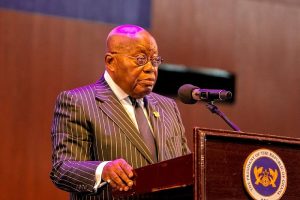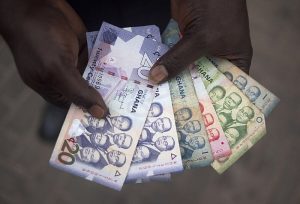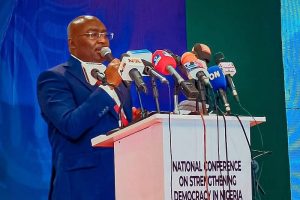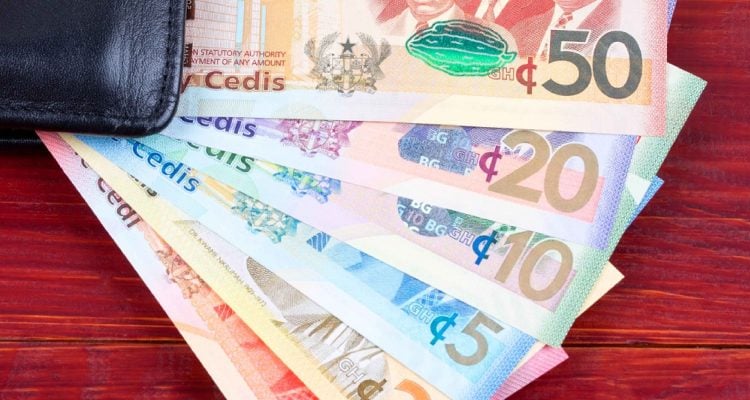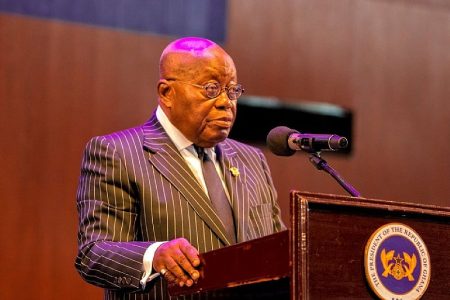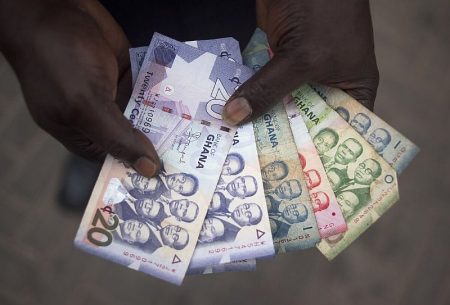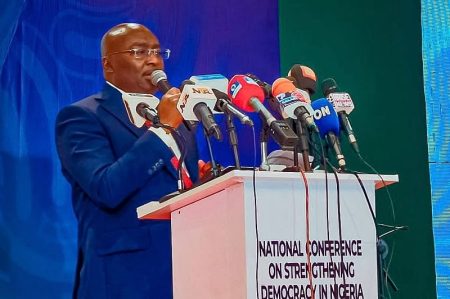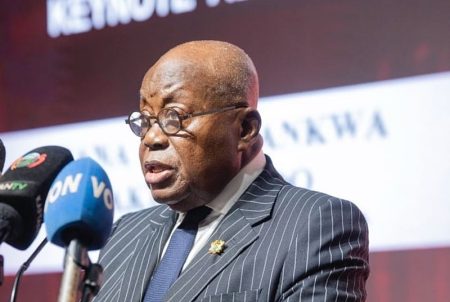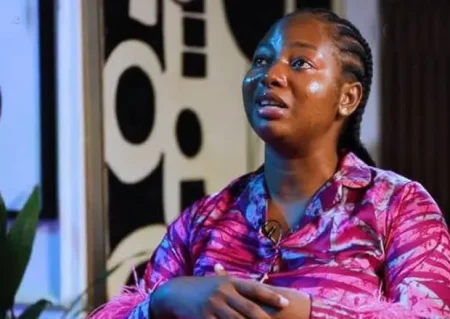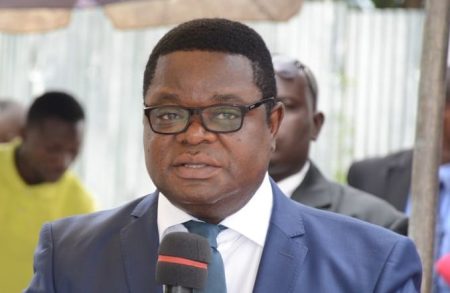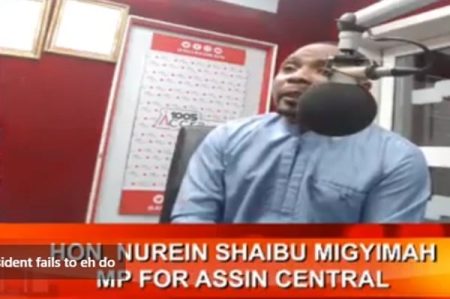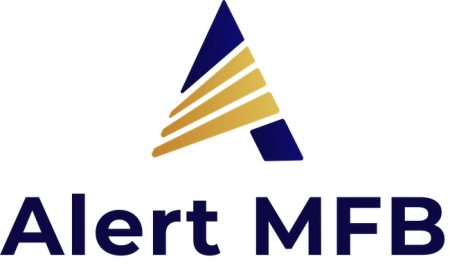Ghana is poised to convene a two-day national economic dialogue, a pivotal event aimed at fostering collaborative solutions to the country’s pressing economic challenges. This dialogue, scheduled for March 3rd and 4th at the Accra International Conference Centre, seeks to establish a roadmap for long-term economic resilience and transformation, anchored by concrete commitments and measurable milestones. President John Dramani Mahama will deliver the keynote address, titled “Resetting Ghana: Building the Economy We Want Together,” setting the tone for a participatory and inclusive process. The dialogue underscores the government’s commitment to engaging citizens in shaping the nation’s economic trajectory.
The overarching objective of the dialogue is to forge a national consensus on crucial economic policies and structural reforms. This collaborative approach aims to unite diverse perspectives, ensuring that the resulting strategies enjoy broad-based support and facilitate effective implementation. The dialogue will be structured around thematic sessions, each focusing on a critical aspect of Ghana’s economic landscape. These sessions will delve into topics including macroeconomic stability, economic diversification, infrastructure development, structural reforms, private sector growth, good governance, and anti-corruption measures. The dialogue recognizes the interconnectedness of these elements and seeks to develop a holistic approach to economic revitalization.
The national economic dialogue signifies a critical step in fulfilling President Mahama’s campaign promise to prioritize citizen engagement in shaping economic policy. It reflects a commitment to transparency and inclusivity, ensuring that the voices of diverse stakeholders are heard and considered. The dialogue will bring together representatives from various sectors, including the private sector, academia, public policy institutions, and civil society organizations. This multi-stakeholder approach aims to leverage the expertise and perspectives of each sector, fostering a comprehensive and well-informed dialogue.
The thematic sessions will provide a platform for in-depth discussions on key economic challenges and potential solutions. The session on achieving sustainable macroeconomic stability will examine strategies to control inflation, manage public debt, and maintain a stable exchange rate. This includes exploring fiscal policies, monetary policies, and structural reforms that can contribute to a stable macroeconomic environment. The session on promoting economic transformation will focus on diversifying Ghana’s economy beyond traditional sectors, such as agriculture and mining, by promoting value-added industries and fostering innovation. This involves supporting emerging sectors, such as technology and manufacturing, and creating an enabling environment for entrepreneurship.
The session on advancing infrastructure development will address the need for improved transportation, energy, and communication infrastructure to support economic growth. This includes exploring public-private partnerships, attracting foreign investment, and implementing effective project management strategies. The session on implementing structural reforms will focus on streamlining regulations, improving the business environment, and enhancing the efficiency of public institutions. This involves simplifying bureaucratic processes, promoting transparency, and strengthening governance frameworks. The session on ensuring private sector-led growth will examine strategies to create a more conducive environment for businesses to thrive, including access to finance, tax incentives, and skilled labor. This involves promoting competition, reducing barriers to entry, and fostering innovation.
The session on restoring good governance and combating corruption will address the need for transparency, accountability, and ethical leadership in both the public and private sectors. This includes strengthening institutions, enacting effective anti-corruption legislation, and promoting a culture of integrity. The outcomes of these thematic sessions will form the basis of a comprehensive economic revitalization plan, aimed at creating new business opportunities and improving the living conditions of Ghanaians across the country. The government’s commitment to constructive engagement and collaboration underscores its dedication to building a prosperous and inclusive Ghana. The dialogue is expected to pave the way for a more robust and resilient economy, ultimately enhancing the lives of all citizens.


